The Pathway to Well-Being Following Upper Limb Amputation
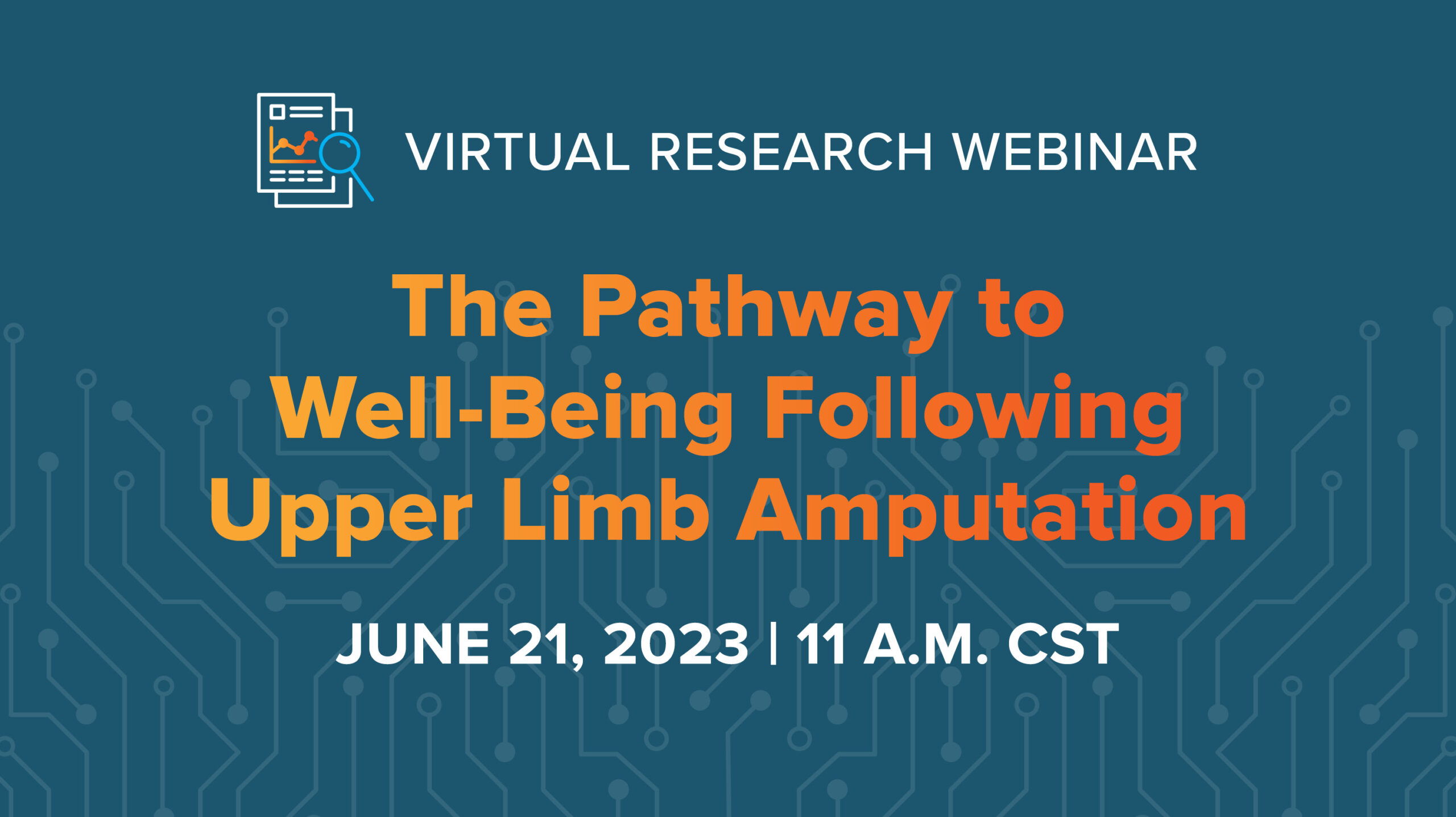
Date and Time
Location
Virtual Event
Cost: Free
CE Contact Hours: 60 minutes
Continuing education credits available for O&P clinicians, Occupational Therapists and Occupational Therapist Assistants
The absence of one’s upper limb can highly impact a person’s life. As healthcare providers who care for patients with limb loss, we need a clear understanding of the relevant factors influencing general well-being of our patients. In addition to the functional challenges associated with the absence of the limb, individuals contend with a spectrum of pain experiences and social stigma, and in the case of acquired amputation, a dramatic alteration in self-image and vocation.
Drawing upon recently published evidence from the Hanger Institute and representative case studies, this session will discuss strategies for thoughtful prosthetic design and rehabilitation techniques that address the restoration of meaningful bimanual function and well-being through individualized approaches to each patient’s care journey.
Objectives
Upon completion of this program, participants should be able to:
- List various influencing factors (ie. rehab, prosthetic design and satisfaction, goal setting) and their impact on the well-being of an upper limb amputee;
- Define how individualization can be met through custom prosthetic design needs and strategic therapy solutions;
- Analyze patient gaps and ensure attainable goals are set for each patient;
- Outline the relationship between bimanual engagement, prosthesis satisfaction and activity, and participation with self-reported well-being.
Speakers
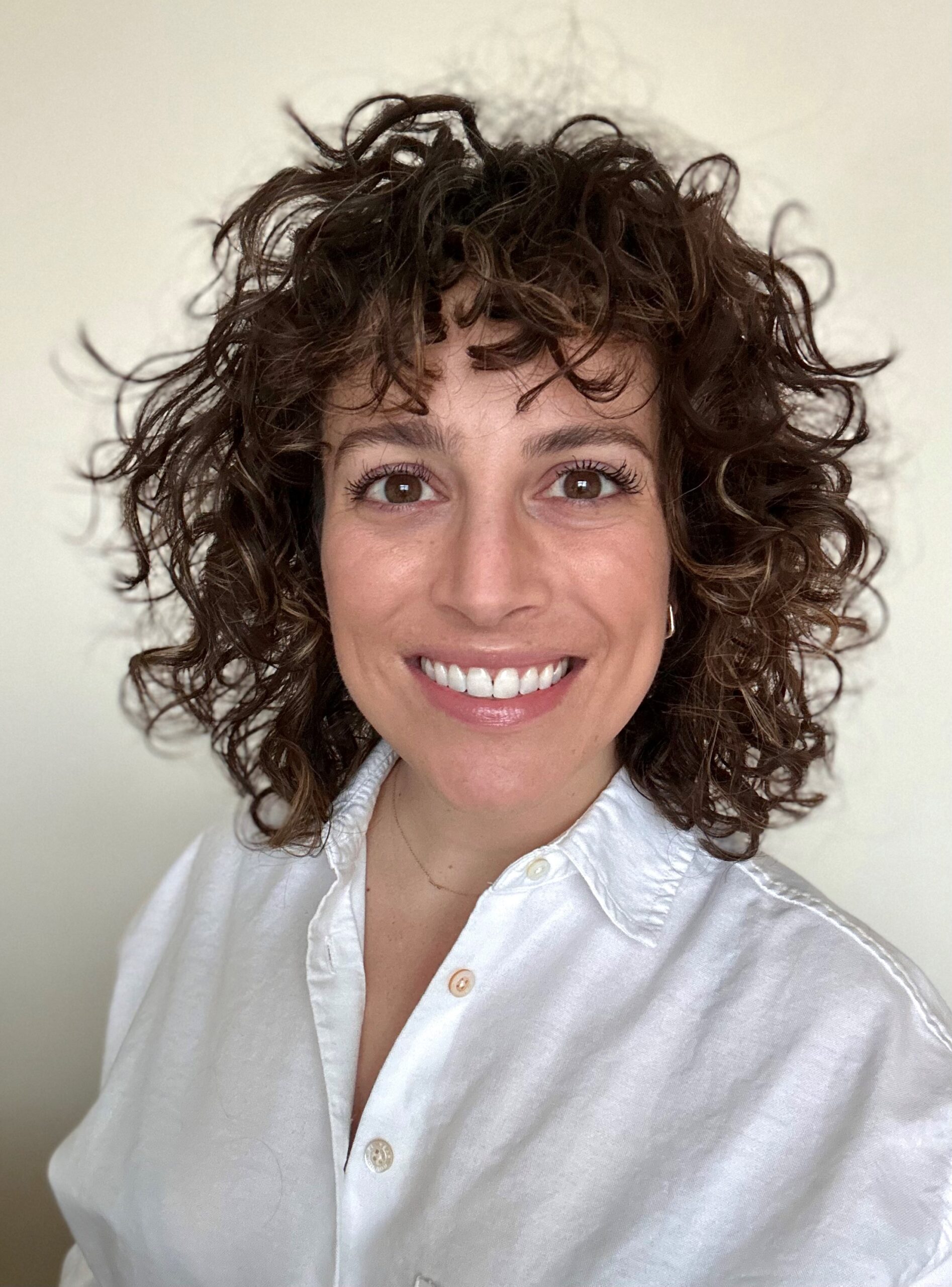
Kelly Dunbar, OTR/L,CHT
Clinical Therapy Specialist
Kelly is an occupational therapist and certified hand therapist who joined the Hanger Clinic Upper Limb team in 2021. She resides in Portland, OR, and provides clinical consulting and support to the Upper Limb Program in the western half of the country.
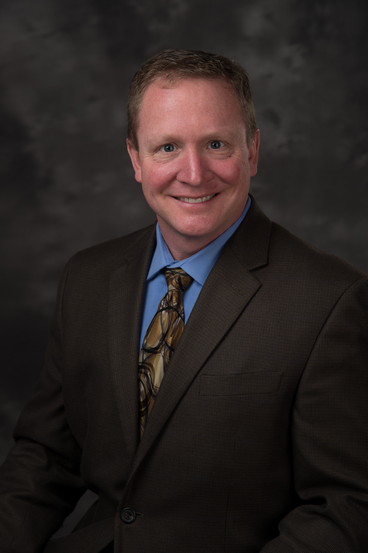
Steve Mandacina, CP
National Upper Limb Program Director
Steve is an ABC-certified prosthetist and the National Director for the Upper Limb Program. He specializes in designing, fitting, and fabricating upper limb prosthetics.
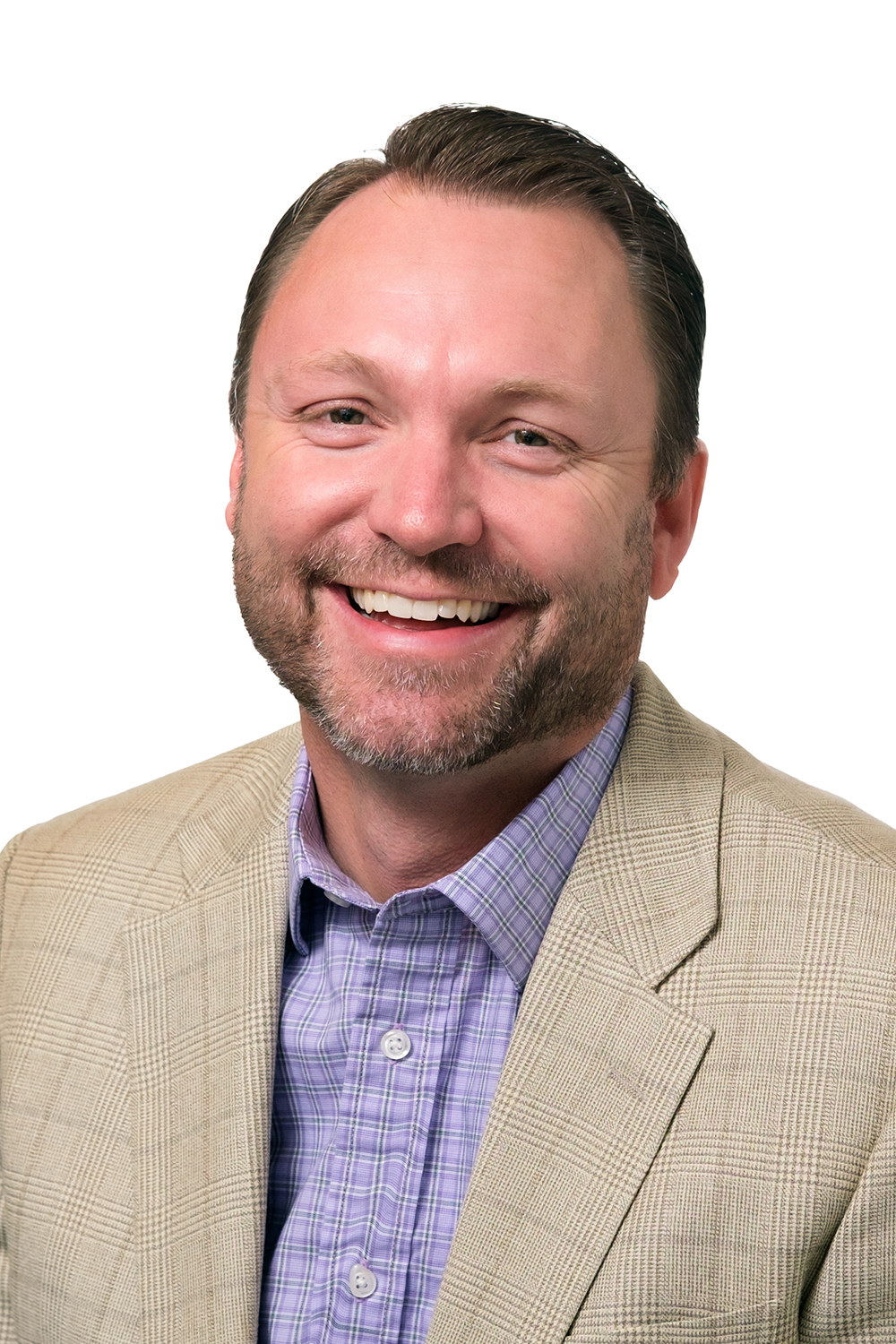
Phil Stevens, MEd, CPO, FAAOP
Vice President of Clinical Affairs
Phil serves as Vice President of Clinical Affairs, developing evidence-based clinical programs designed to help patients improve their orthotic and prosthetic outcomes.
Related Events
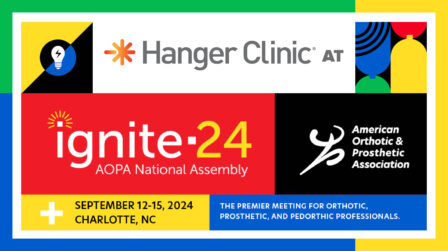
September 12 – 15, 2024
The 107th Annual AOPA National Assembly is the premier event for O&P professionals. AOPA provides education from business leaders, physicians, and top researchers in the field. This event brings together pedorthic, prosthetic, and orthotic professionals to network and bring new ideas to the field.
